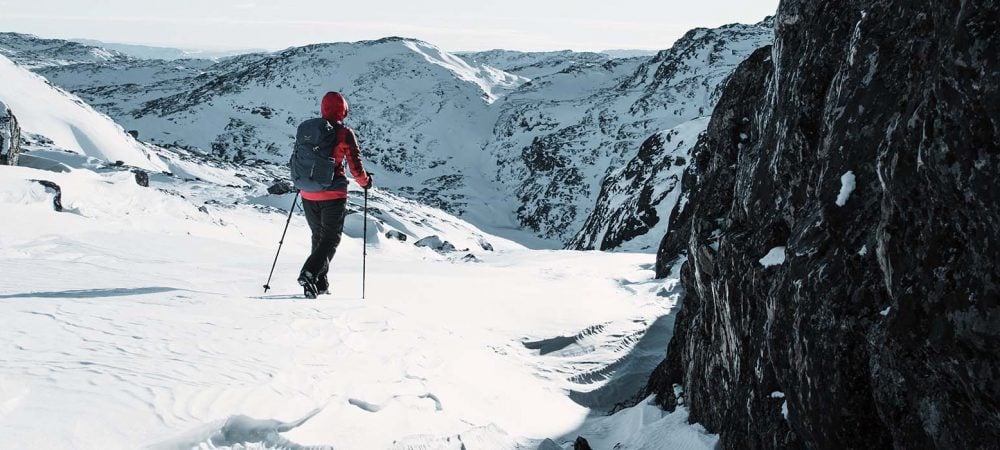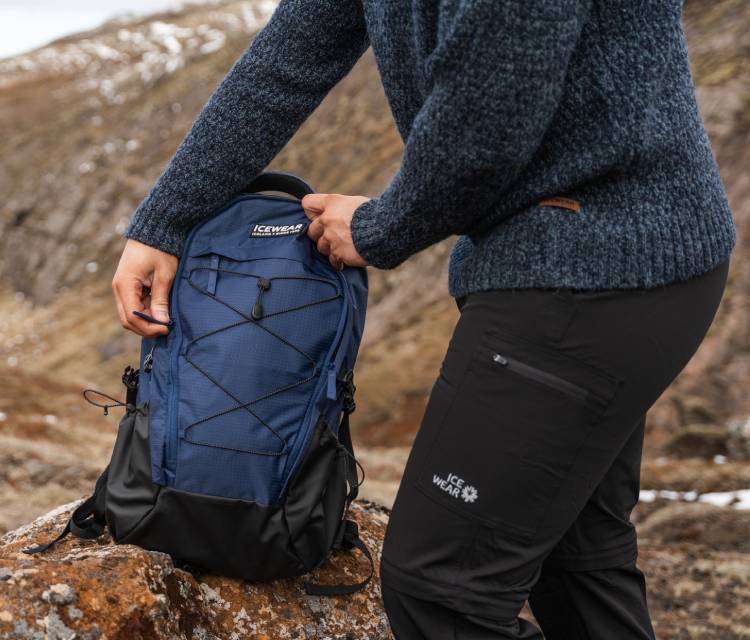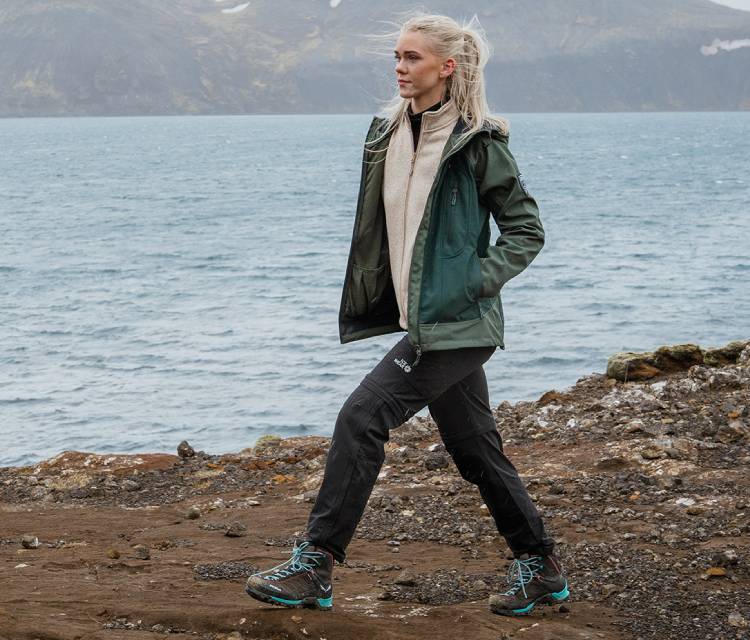We all want to feel worldly. We apply what we learned in grade-school geography class where we can, and we always have Google at the ready where there are doubts. Especially if planning a trip somewhere, it’s important to fact-check to be sure you’re prepared for your destination (and all its particulars).
For instance, it’s a common notion that Iceland is dark for months, if not half the year. The idea is that, with its location along the arctic circle, the sun simply sets one day and six months of darkness unfold. This is not accurate, however. Iceland does have remarkably short days during winter, but how short and for how long are essential pieces of data for anyone thinking about traveling to the island nation.
How long does the darkness last in Iceland?
The common question is: how long does it stay dark in Iceland in winter? This can be answered by explaining how long it stays dark each day as well as how long the season of short days lasts, too. Iceland daylight hours in the wintertime fall as low as four hours per day (from roughly 11 a.m. to 3 p.m.), but after the solstice the days grow longer again by a few minutes each day.
“How dark does it get in Iceland” is a seemingly-mysterious question that can also be answered with another question—how bright does it get when there is sun? The sun does come up in the winter, and reflected off the snow it can be brilliantly white. The hours of sunlight are greatly enjoyed by both locals and visitors, because everything around is suddenly glowing bright. Wearing a cap and a good pair of sunglasses is essential or you’ll be blinking hard in the white light.
Of course, Iceland daylight hours by month will become gradually longer by spring, and come summer, Iceland has the opposite experience it does in winter with up to 22 hours of sunlight in a single day. These summer sunlight hours also lead up to what is called the “Midnight sun” Iceland season from May to August, where the sun sets right before midnight (and the lingering light lasts until after midnight).
Can you travel to Iceland in the winter?
Of course! After all, what really is the best time to visit Iceland? The answer could very well be winter; it just depends on what you want to do.
For example, in winter you’ll have the best luck seeing the Northern Lights. Iceland gets dark enough that the phenomenon is clearest in the winter skies in Iceland. Do take into account that, while seeing the Northern Lights in winter has its benefits, it also requires standing outside for an extended period after the sun is down. It will be cold. Be sure to dress accordingly (e.g., long johns are essential).
You can also witness what’s called the artic golden hour during wintertime. Because of where Iceland is situated (on the arctic circle), the sunrise and sunset in Iceland can last for almost an hour during winter. That, coupled with the darkness of the season, and the golden glow of the falling sun accentuates all colors and elongates shadows for a dramatic scene every afternoon. When the sun is low at the horizon like this, this is precisely when your cap and sunglasses will come in handy again.
During winter, you can also visit other sites that would interest you in any season, whatever your priorities when you started planning your trip to Iceland. You can still enjoy all the cross-country hiking. There is still daylight in Iceland in the winter, after all, just shorter windows of it.
Whatever activities you choose to do during the winter in Iceland, it’s important to dress warmly when the sun is gone. Icelandic wool has been a cultural treasure and a practical necessity for centuries, and it’s at night in winter that you can most acutely feel why.
It’s almost April, now, and we’re all looking forward to spring! Make sure to adjust your clothing accordingly—it’s time to choose the rain jackets and windbreakers that will keep you comfortable in coming months. If you would rather hold out for the dream of visiting Iceland next winter, bookmark this page and come visit us again when you’re getting ready for your Icelandic adventure.








